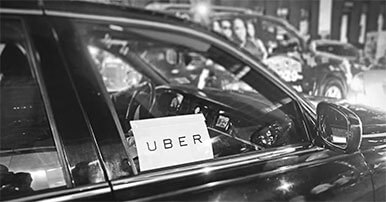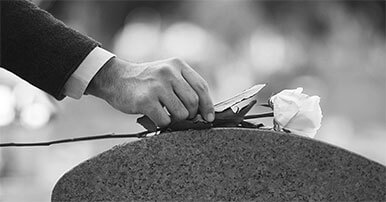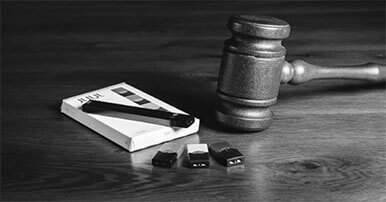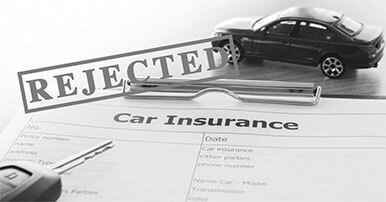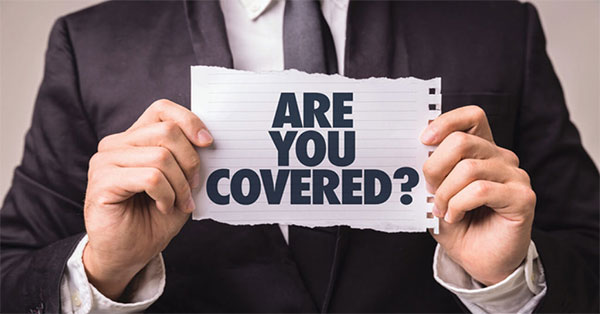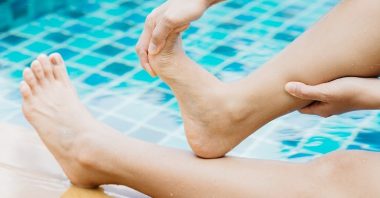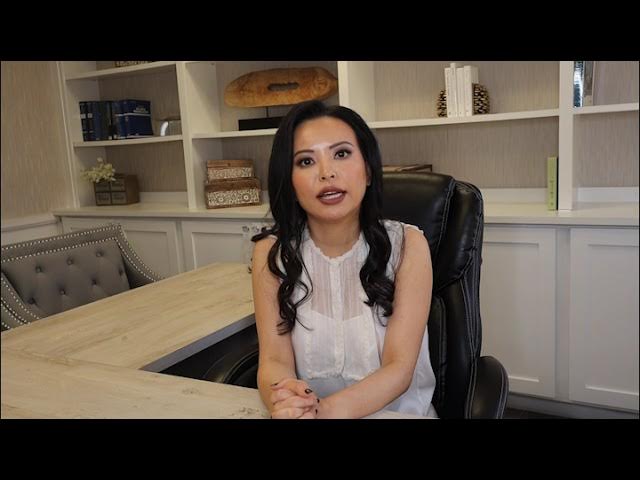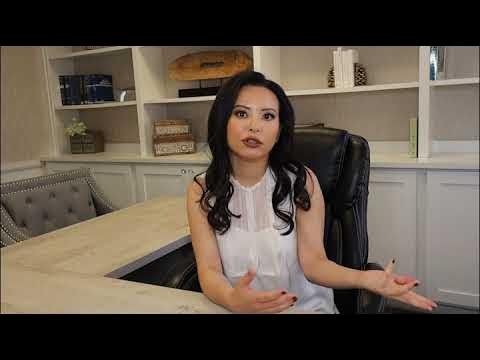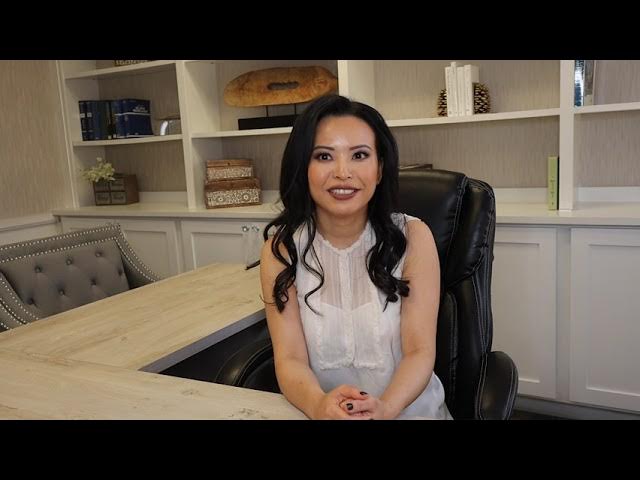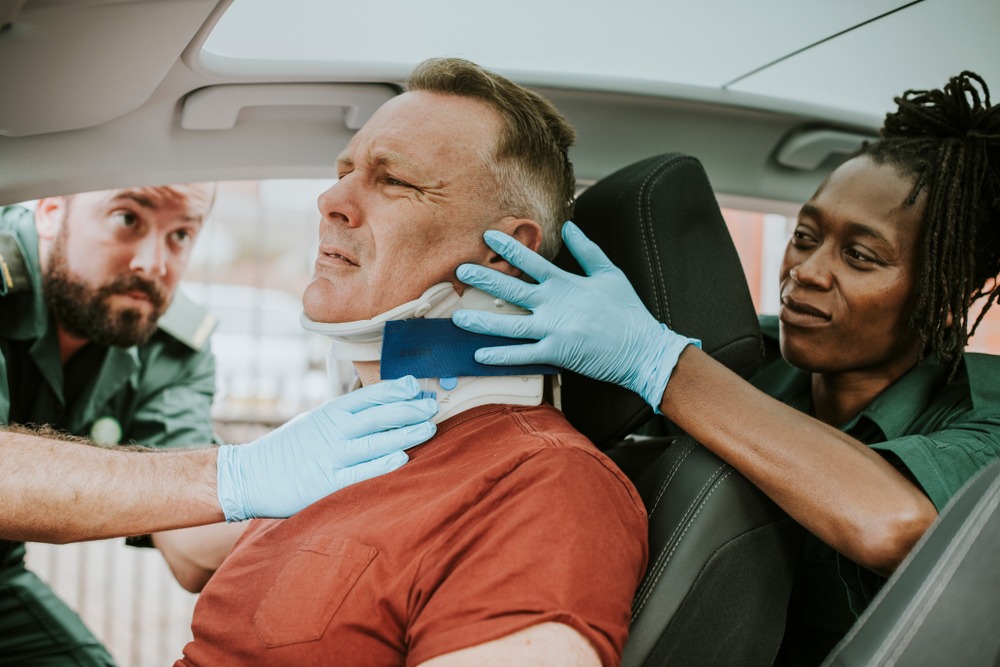Home Visits
Are Available
Call today for more details.
Se Habla
Español
Nosotras estamos aqui para ti.
About Van Law Firm
Van Law Firm is a personal injury law firm led by top-rated injury attorney Sandy Van. For over a decade, Sandy Van has helped individuals in Las Vegas, Henderson, and now all across Washington, recover millions for personal injuries and work-related accidents through civil suits and workers’ compensation claims.
 ATTORNEY & FOUNDER OF VAN LAW FIRM
ATTORNEY & FOUNDER OF VAN LAW FIRM
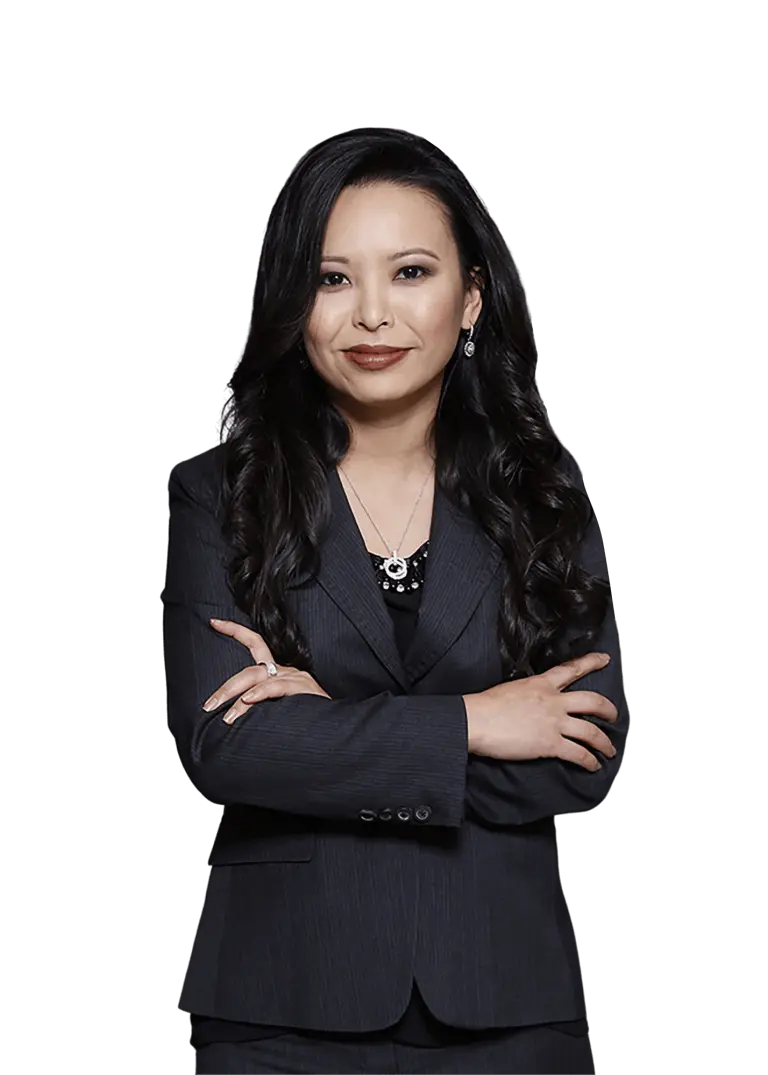
AT VAN LAW FIRM
Practice Areas
Personal Injury FAQs
If you have suffered losses or injuries in an accident in Southern Nevada or Washington State, you may be wondering where to turn or what to do. This can be especially challenging when you want to focus on feeling better and managing your life after an accident or sudden loss. Sandy Van and the team at Van Law have decades of experience and can answer your questions and guide you through your case.
You Don’t Have to Fight For Your Recovery—We’ll Do It For You

Van Law has represented clients in Las
Vegas and
Washington state for over a decade. We care
about helping injured individuals heal from catastrophic injuries and major losses so they can
get on with life and put painful chapters behind them. We know that’s hard to do when dealing
with a growing pile of bills, a shortage of income, and pain and suffering that makes it
difficult to move on.
There’s no need to take an injury case on your own. If someone else’s carelessness or
recklessness caused you or your family harm, you have a right to hold them responsible and
demand damages from them. We’ve helped many clients do that, and we want to help you.
ARE YOU LOOKING FOR SOMEONE TO HELP?
Let Us Help You!
Van Law Firm Gets Results

We’ve developed a reputation for successfully obtaining high settlements and verdicts for Nevadans who were injured in truck, motorcycle and car accidents, slips and falls and workplace incidents, recovering more than $150 million in damages for our clients. Every case that we accept is also handled on contingency, which means we work for our clients at no charge until we win their case and recover awards for them. This arrangement allows us to represent you as soon as possible and ease any concerns about paying for legal services during this difficult time. You don’t pay unless we win.
We’re Personal Injury Lawyers That Care
Our personal injury attorneys will handle your entire case from start to finish. When you become our client, we bring years of experience and get to work on your recovery right away. We will tailor our approach to your case and decide the best strategy for your situation. Our accident team takes a genuine interest in your well being. With more than 500 five-star reviews, we have proven than we go above and beyond to ensure that you are treated fairly, with compassion, and with respect. Our primary goal is to make sure you receive the compensation you need to put your life back together after a serious injury.
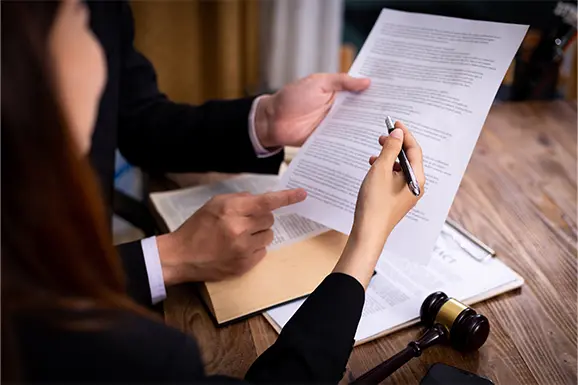
Why Choose Van Law Firm?
100+ Years of Collective Experience
Van Law Firm is a top-rated personal injury law firm with over 100+ years of collective experience.
Personal Injury Focused
Our experienced personal injury attorneys are passionate about pursuing justice for injured victims and their families.
Proven Track Record
With over 500+ five-star reviews and thousands of cases won, our clients receive the highest quality of service for their injury case.
You Don't Pay Unless We Win
Our personal injury law firm never charges upfront fees. We handle your case on a contingency, which means, you don't pay unless we win.
Multilingual Staff
The key to our firm's success is in our effective communication. Our team is multilingual in Spanish, Mandarin, and other languages to answer any questions you may have.
Available 24/7
Van Law Firm is available 24/7 to ensure that you can always count on our firm to be there when you need it.
AT VAN LAW FIRM
